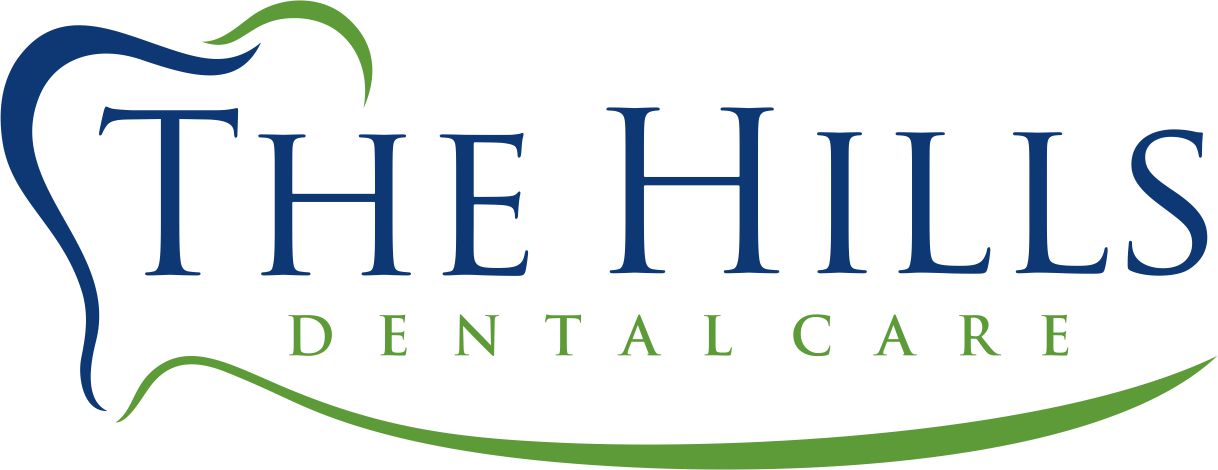WE’VE ALL HEARD over and over how smoking can adversely impact health, with the most infamous example being lung cancer. But smoking doesn’t only harm the lungs; it damages every single system in the body, and it also damages oral health.
Smoking Increases the Risk of Oral Cancer
Like we said before, lung cancer tends to get all the attention when it comes to consequences of smoking, but four out of every five people diagnosed with oral cancer smoke or chew tobacco. Early symptoms of oral cancer include persistent mouth sores or pain, unusual white patches, swelling, numbness, difficulty chewing or swallowing, and a sensation of having something stuck in the throat.
What Is Smoker’s Keratosis?
The weirdest effect smoking can have on oral health is that it can cause white patches to develop on the roof of the mouth. These patches are smoker’s keratosis (or stomatitis nicotina). This condition is still something of a medical mystery, but the current theory is that the white patches are caused by inflamed mucous glands. While they typically aren’t painful, they can be pre-cancerous.
Smoking Makes Gum Disease More Likely
As many as half of adults older than 30 have some form of gum disease, and smoking doubles the risk of developing it and makes it harder to treat. Gum disease, if left untreated, can lead to serious damage to the gingiva (gum tissue), bone loss in the jaw, and tooth loss. In severe cases, it can even be life-threatening if the bacteria in the mouth gets into the bloodstream through inflamed gums.
What About Vaping?
Vaping or smoking e-cigarettes is often portrayed as a much healthier option to traditional smoking, but the vapor still contains nicotine and ultra-fine toxic chemicals and heavy metals. The nicotine itself reduces blood flow, affecting teeth and gums, potentially causing gum recession and death of gum tissue. It can also reduce saliva, leading to dry mouth (which causes all kinds of problems from bad breath to tooth decay), and it can trigger teeth grinding, which damages teeth.
Secondhand Smoke Isn’t Safe Either
Sometimes smokers will claim that they’re not hurting anyone else with their habit, and they’re willing to accept the risks to their own health. Unfortunately, this is not accurate. Studies have suggested a link between cavities (in baby teeth and adult teeth) and regular exposure to secondhand smoke. The broader health risks are especially serious for small children and infants, including infections, asthma attacks, and even SIDS.
The Benefits of Quitting
Someone who has smoked for decades might think that quitting can’t do anything to improve their health, so why bother? It turns out that even people with a long history of smoking can significantly improve their health outlook by quitting. Obviously it’s better not to start smoking in the first place, but it’s never too late to quit!
Take Advantage of the Resources Around You
Quitting an addictive habit isn’t easy, but smokers who need help quitting are not alone. Some of the best resources are the support of family, friends, and counselors. There’s also a lot of great information available online, and the dentist is another great resource. If you are a smoker, make sure to schedule regular dental exams (sometimes more than two a year) to keep your mouth healthy!
We’re always happy to see our patients!
The content on this blog is not intended to be a substitute for professional medical advice, diagnosis, or treatment. Always seek the advice of qualified health providers with questions you may have regarding medical conditions.




